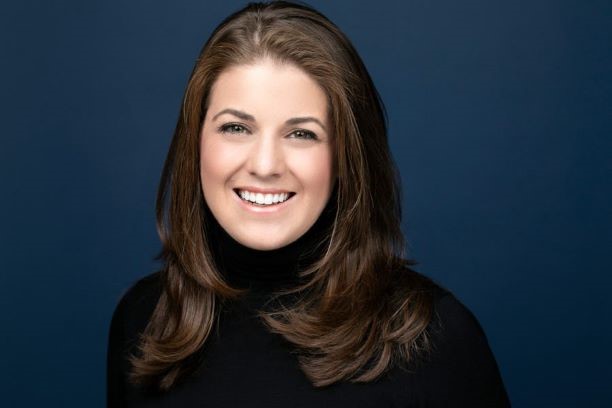A conversation with Rikki Jennings, BSN, RN, CPN, Chief Nursing Informatics Officer, Zebra Technologies Solutions for Healthcare.

Rikki Jennings, BSN, RN, CPN is the Chief Nursing Informatics Officer (CNIO) at Zebra Technologies. Early in her nursing career, Rikki recognized a disconnect between implemented technologies and the understanding of their intended value at the bedside by her fellow clinicians and pursued Nursing Informatics.
It was then through informatics that Rikki found her passion for implementing healthcare IT in a manner that creates safer environments and better outcomes for patients and staff alike. At Zebra, Rikki shares her in-depth knowledge of clinical workflows and technology utilization – including clinical communication systems, bedside technologies and resource management tools – with healthcare organizations across the country.
We recently had the pleasure of speaking with Rikki about Zebra’s holistic approach and what makes their solutions so unique.
QUESTION: Having knowledge of the clinical workflow within a hospital, what does “improving the patient experience” mean from a nursing perspective?
Rikki Jennings: To improve the patient experience, you must employ processes and technologies that enable clinicians to spend more time at the most valuable point of care: the patient’s bedside. Solutions that deliver critical information to clinicians at the appropriate time, enable communications with other care team members and real-time visibility to vital patient information via medical records or monitoring systems are essential to creating a more efficient environment. These technology tools optimize the level of care clinicians can provide without leaving the patient’s bedside.
QUESTION: Zebra focuses on delivering “purpose-built” devices. What does this mean? Why is this so important to healthcare professionals? And how does that make Zebra different from other technology manufacturers that provide clinical mobility solutions?
R.J.: At Zebra, we study our verticals and design products based on the environment in which they will be utilized. In healthcare, our solutions are designed to withstand the rigors of a hospital so that they can perform reliably in the most sensitive environments.
For example, our healthcare-specific mobile devices are encased in disinfectant-ready plastics with limited exposed holes and metal contact areas. This allows our specialized mobile computers or tablets to be sanitized using cleaning agents required to reduce the spread of infection. Because clinicians frequently need to wear gloves while providing care, the touchscreen displays on our mobile computers are responsive to a gloved finger. These are just a few of the many ways our devices are built to accommodate healthcare’s unique technology requirements to enable more efficient workflows.
We have to make sure technology solutions can seamlessly integrate into existing care environments if we really want to help healthcare leaders improve patient care models – and ensure end-user adoption. The devices can’t be disruptive or a distraction to clinicians and must be easy to manage remotely. If you are constantly taking a device out of service to upgrade software or security certifications, then the clinician has to revert to manual processes and that can become very disruptive. That is why it is so important to select a solution that is easy to manage. Zebra’s purpose-built, enterprise-grade devices are equipped with mobility-enhancing software tools – and backed by services – that give support teams around-the-clock visibility into the health and performance metrics of edge technologies. They also enable remote intervention should an issue arise to provide continuous uptime and reduce the likelihood of workflow disruption for clinicians.
QUESTION: Why is device management critical in a HIPAA-compliant environment?
R.J.: Maintaining patient privacy regulations is top of mind for most healthcare leaders. Selecting a solution that enables clinicians to communicate vital patient information with one another via a secured platform ensures better adherence to HIPAA-compliance policies and regulations – and we know that security updates need to be pushed quite frequently. Doing so remotely eliminates the need to take a device out of service which, as I noted before, can disrupt patient care.
QUESTION: Is there anything that you’d like to share with nursing professionals and clinicians?
R.J.: The healthcare environment is evolving. Now more than ever, the voice of the clinician and insights from those on the front lines of care delivery are essential to the development of technology solutions that augment workflows in a way that will be mutually beneficial to the clinician and the patient..
Thank you, Rikki, for your time and valuable insight!
Together, Altura and Zebra are helping healthcare customers:
- Improve clinical collaboration and mobility for physicians, nurses and other healthcare providers
- Reduce appointment wait times and administrative errors
- Enhance patient access to specialists and caregivers
- Increase provider mobility
- Deploy tools that can assist with faster patient diagnoses and treatment administration
- Improve the quality and transition of care
- Decrease preventable readmissions
Learn more about how Zebra’s solutions can help to improve patient experiences in your organization.





Comments are closed.